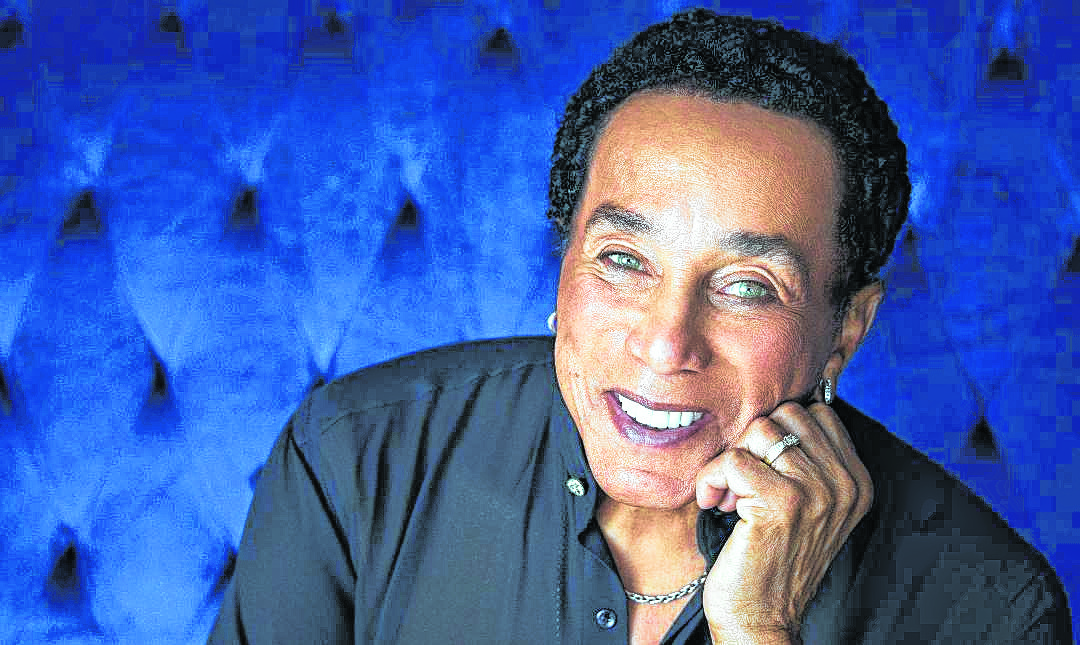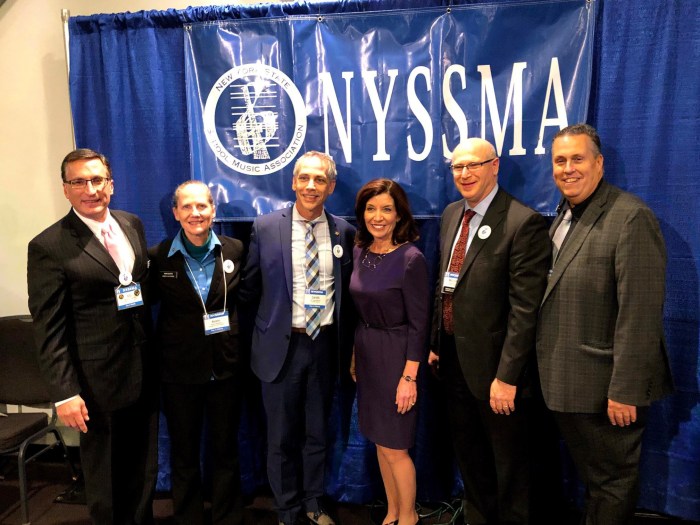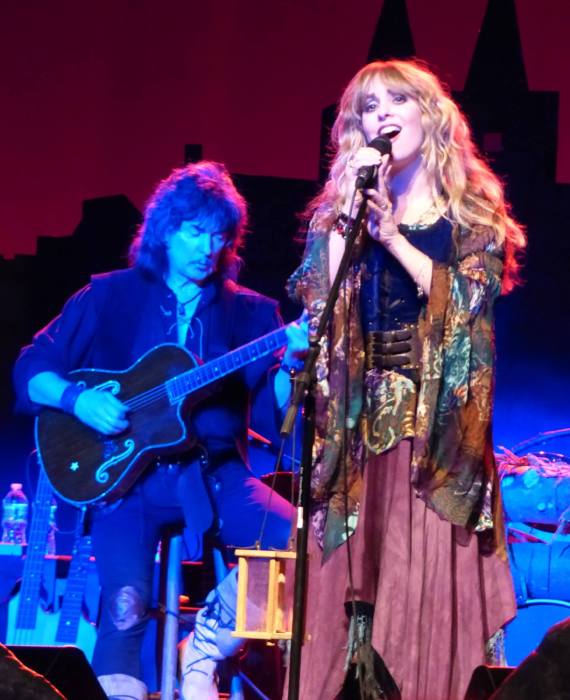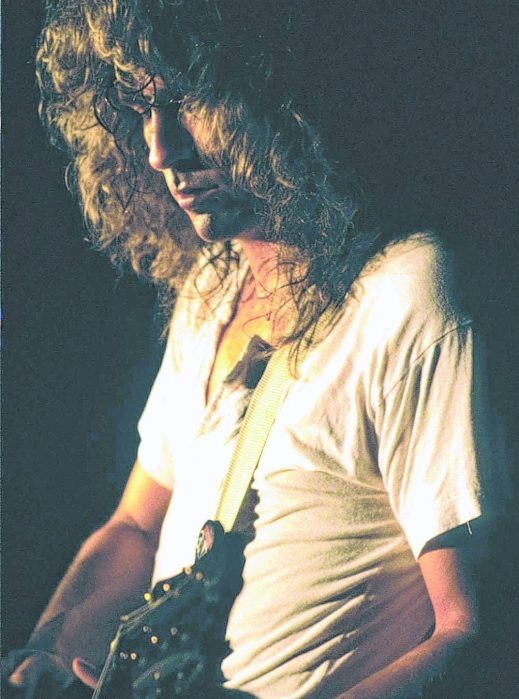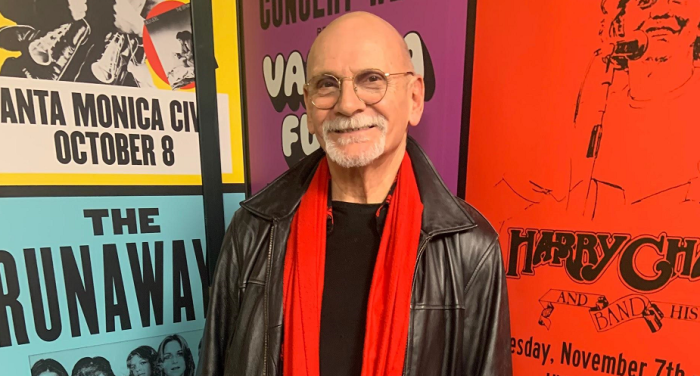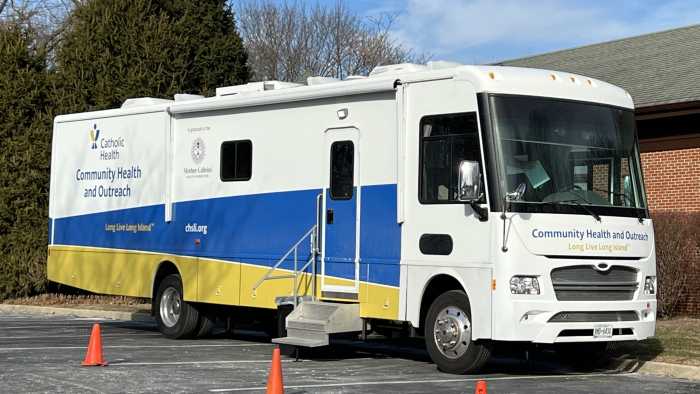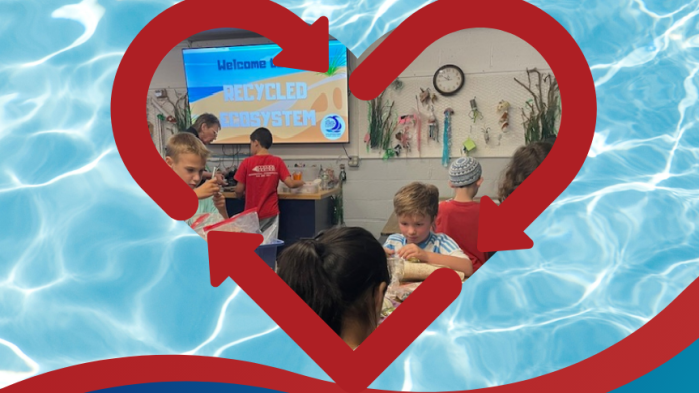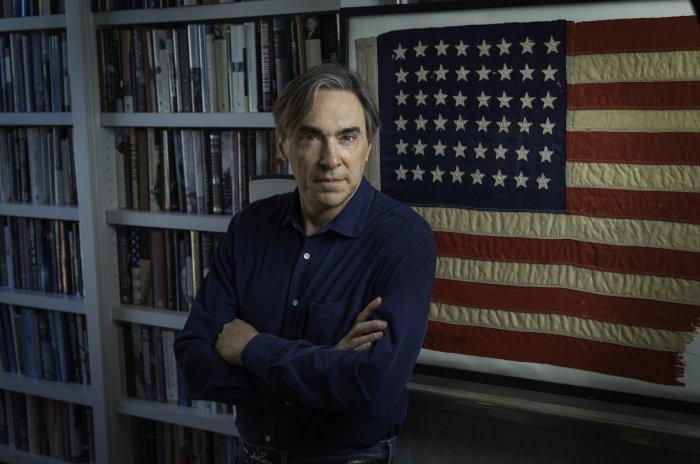You know the man! You know his incomparable sound! Play one of his songs and you are up on your feet singing and dancing.
Now the legendary Smokey Robinson brings The Legacy Tour to The Paramount in Huntington on March 6. Robinson is a powerhouse with his distinctive high tenor voice and a composer of over 4,000 songs with memorable hits like “You’ve Really Got a Hold on Me,” “I Second That Emotion,” and “Tracks of My Tears.”
Smokey Robinson was born William Robinson Jr. in Detroit, Michigan, but has been known as Smokey since he was 4 years old. He credits the name to his Uncle Claus who took him to see Westerns. He loved the cowboys who sang and played guitar like Roy Rogers and Gene Autry, so his uncle gave him the cowboy nickname Smokey Joe. Around 12 years old, the name Joe was cut and he became Smokey from that time on.
Read also: Spielberg movie starring Emily Blunt filming in Huntington next week
In the mid-1950s doo-wop and jazz eras, Smokey Robinson formed the Five Chimes, who, after a time, became the Matadors. They met manager/producer, Berry Gordy, during an unsuccessful audition for Jackie Wilson’s manager. Gordy took them under his wing. He formed Tamla Records, which was later reincorporated as Motown Records and started producing the group, who by this time changed their name to The Miracles. The group recorded “Shop Around,” which was the first million-selling single for Motown. Robinson became vice president of Motown Records in 1961 and retained that position until the sale of the company in 1988.
Smokey Robinson left The Miracles in 1972 to pursue a solo career where he continued to write, produce and record hits for himself as well as other Motown artists including The Temptations, Mary Wells and Marvin Gaye.
Smokey Robinson has been recognized with countless awards, including the Grammy Living Legend Award, National Academy of Recording Arts and Sciences Lifetime Achievement Award, Honorary Doctorates (Howard University and Berklee College of Music), Kennedy Center Honors and has been inducted into the Rock and Roll Hall of Fame and the Songwriters Hall of Fame.
In addition to being passionate about his art and humanity at large, Smokey Robinson loves animals, especially one special dog. “I’m a dog lover. I have an English white lab. His name is Shiloh. He’s my heart. Dogs are loyal. Dog is God backwards.”
We are grateful for this interview with the incomparable Smokey Robinson, which took place in January while the fires in LA were still burning near his home.
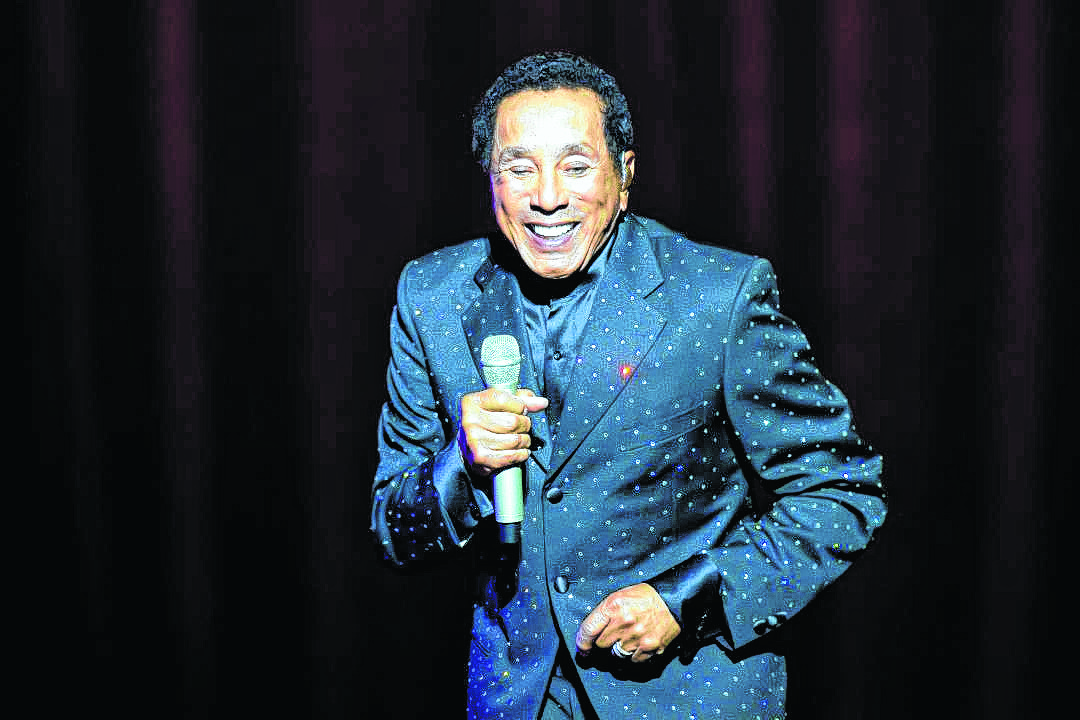
How are you doing out there in LA?
Thank God it did not come down around our house, but it’s devastating. Malibu, Altadena, and Pasadena are war zones. It’s just horrible. I have some friends who had to evacuate and a nephew who lost his home. His whole block is gone.
Have you spent much time on Long Island?
Yes, I’ve been going to Long Island since before you were born. I’ve spent a lot of time on Long Island. They have great golf courses.
Bob Dylan has called you America’s Greatest Living Poet. How does that make you feel, especially coming from Dylan?
We’ve laughed about that many times. To have one of your peers with that statute compliment you is a wonderful thing. I’m flattered.
It’s impressive that when you met Berry Gordy at the audition for Brunswick Records, you brought along a notebook with 100 songs that you wrote. In high school, did you always find it easy to compose songs?
I’ve actually been writing songs since elementary school, so I did have about 100 of them. I’ve always been able to rhyme, but I didn’t really learn the craft of real songwriting until after I met Berry Gordy. He kind of mentored me in that area.
You wrote one of The Beatles’ greatest hits, “You Really Got a Hold On Me.” Did you know the potential of this song when you let The Beatles cover it?
No, and I didn’t let them cover it. I wrote “You Really Got a Hold On Me” for The Miracles and me, so it was out. It was a big hit with us. People started to cover it and The Beatles happened to be one of those people, thank God! They loved that song and they sang it.
You have said your song “My Girl” became your international anthem and it went beyond your wildest dreams. Why did the overwhelming popularity of that song surprise you?
I thought it was a good song, but I didn’t think it would have that kind of impact worldwide. I didn’t think it was that kind of song. It surprised me that as a songwriter it has become my international anthem. It was wonderful!
Of all your numerous awards, which one do you prize the most?
I don’t have one that I prize the most. I don’t do what I do for awards, that’s just icing. I’m very flattered by them and I appreciate them, but I don’t have one that I could say is my favorite award. It’s a wonderful thing that happens.
You had an opportunity to meet Martin Luther King in 1963. What stands out to you about meeting Dr. King?
It was really an honor to meet a man like that who had those kinds of principles and was trying to bring about unity in life. The thing that stands out the most is he came to Motown. We met in Berry Gordy’s office. He told us he came to Motown to record the “I Have a Dream” speech. He wanted to record it with Motown because we were doing with music what he was trying to do politically and legally, which was to bring people together and have equal rights. He said we’re bringing people together with music. So that’s what I remember the most. I’m very proud of that.
You did a special for NBC called Motown Christmas. What is one of your favorite memories of the Motown Christmas parties?
One of my favorite memories was the Christmas party when Stevie Wonder brought me the music for “Tears of a Clown.” He had recorded that track and he couldn’t think of lyrics to go with it. He gave me the track so I was able to hear it and write the song. So that’s my favorite memory.
You encouraged Berry Gordy to go nationally with Motown Records. Looking back, how does it feel knowing that you were on the forefront to Motown history?
It feels good to be on the forefront. Motown was Berry’s personal dream. He borrowed eight hundred dollars from his family to start his dream and we were local. When we started, we could only put the records out in Detroit, Ann Arbor and Flint, Michigan, because we were not set up for national or international distribution. The Miracles and I were getting ready to put out a new record and I convinced Berry to go national with it, because he was putting out records with other record companies for national and international distribution and nobody was paying us, so I told him we’d might as well not pay ourselves and go national. I convinced him to go national.
You’re a legend in the music business. What do you want people to remember years from now about you?
That I’m a good person.




